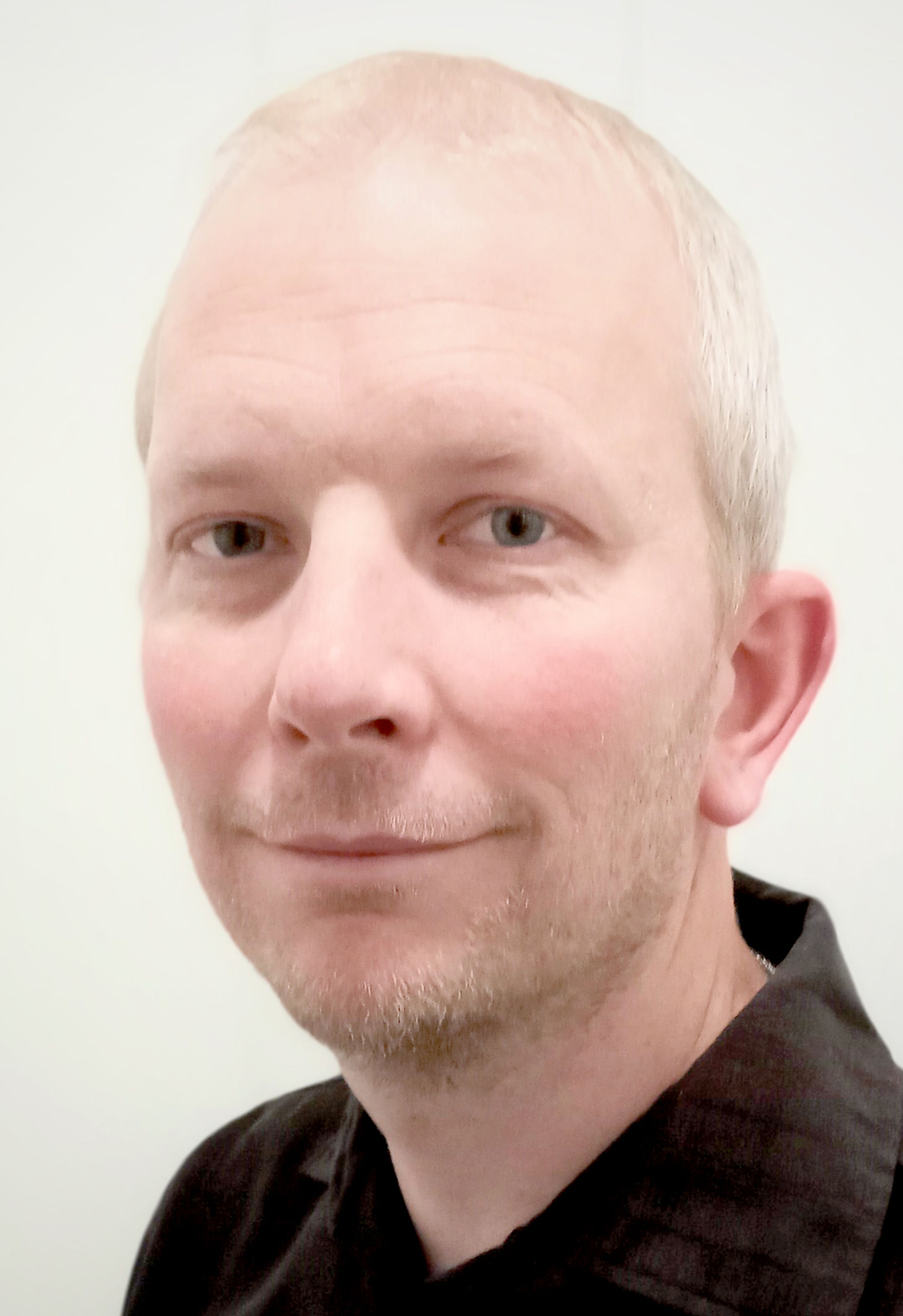Political arguments grounded in Christian theology abound in the Opinion section of this paper. As a non-Christian, I tend to skim past. But, I’ve noticed over time a distinct revulsion among Christian contributors for atheism and atheists. This is well worth examining, as “no religion” is the fastest growing religious identity in the world.
I associate with a range of secular humanists, Zen Buddhists, and other godless heathens. They are some of the kindest, most generous people I know. Truth be told, they tend to live in accordance with Jesus’s teachings about mercy, compassion, nonviolence and austerity as well as or better than most of the Christians I’ve known throughout my life. Christians often claim that atheists lack a moral foundation since they have no god or hell to scare them into behaving ethically. However, the atheists I know are repelled by the idea that people are only good when they fear punishment. Their morality is grounded in basic human goodness: compassion, empathy, love, or — failing all that — enlightened self-interest.
This isn’t to say that atheists are morally superior to the faithful, but neither are they inferior. Morality and religious persuasion just aren’t that correlated. Throughout history, religions of all flavors have committed evils ranging from slavery and genocide to terrorism and child abuse. While these aberrations do not reflect the basic goodness and decency of most Christians, there is nonetheless zero justification for Christians’ sense of moral superiority versus atheists or anyone else.
Part of the hostility toward atheism may be because of the fact that young people are currently leaving organized religion in droves, usually for some form of atheism, agnosticism or generic “spirituality.” But to blame atheists — who neither proselytize nor organize — for the decline of organized religion is to ignore the fact that people who know what the church has to offer are choosing to leave anyway. Perhaps they’re tired of the hypocrisy and scandals. Maybe the Sunday service is irrelevant, too far removed from the struggles of their daily lives. Perhaps the idea of “God” has been so trivialized — something akin to Santa Claus in the sky — that it simply fails to inspire.
Organized religions too often demand blind obedience to symbols in lieu of providing vital engagement with matters of life, death and purpose. “Believe” is too often synonymous with “obey” and “conform.” The innate human longings that lead to the formation of religion in the first place are alive and well, but many now find their expression in political activism, social justice work, online communities, and even in pop music or superhero fandom. Or they just bury those longings with hedonism, distraction and addiction. There’s a need to be filled, and churches are not meeting it, but blaming atheism is futile. If people would rather have nothing at all than what you’re offering, it’s time to reconsider your message.
Ultimately, though, I don’t think Christians are afraid of atheists because they consider them to be immoral, dangerous or seductive. Christians are threatened by atheists because they’re afraid they might be right. Atheists’ mere existence challenges the faith of the faithful and exposes its fragility. To a truly devout Christian, the sight of a nonbeliever should invoke pity. The anger and fear directed at atheists instead suggest insecurity and doubt being projected outward. If you’re secure in your faith, the beliefs or lack thereof in others should not faze you.
Questions of where we came from, why we’re here, and where we’re going are not really meant to be answered, let alone fought over. They are meant to help us engage ever more deeply with life and the mystery of our being (which is why I refuse to identify as theist, atheist, or agnostic — to choose a label and stop exploring is to miss the whole point). We’re all just doing our best to make sense out of an existence that is relentlessly ambiguous at best. That we reach different conclusions is inevitable; that none of us has the complete answer to life’s riddle is certain. Instead of seeking conformity with any particular doctrine or label, we ought to live the questions with wonder and mercy for our fellow travelers.
Urie is a lifelong Idahoan and graduate of the University of Idaho. He lives in Moscow with his wife and two children.








